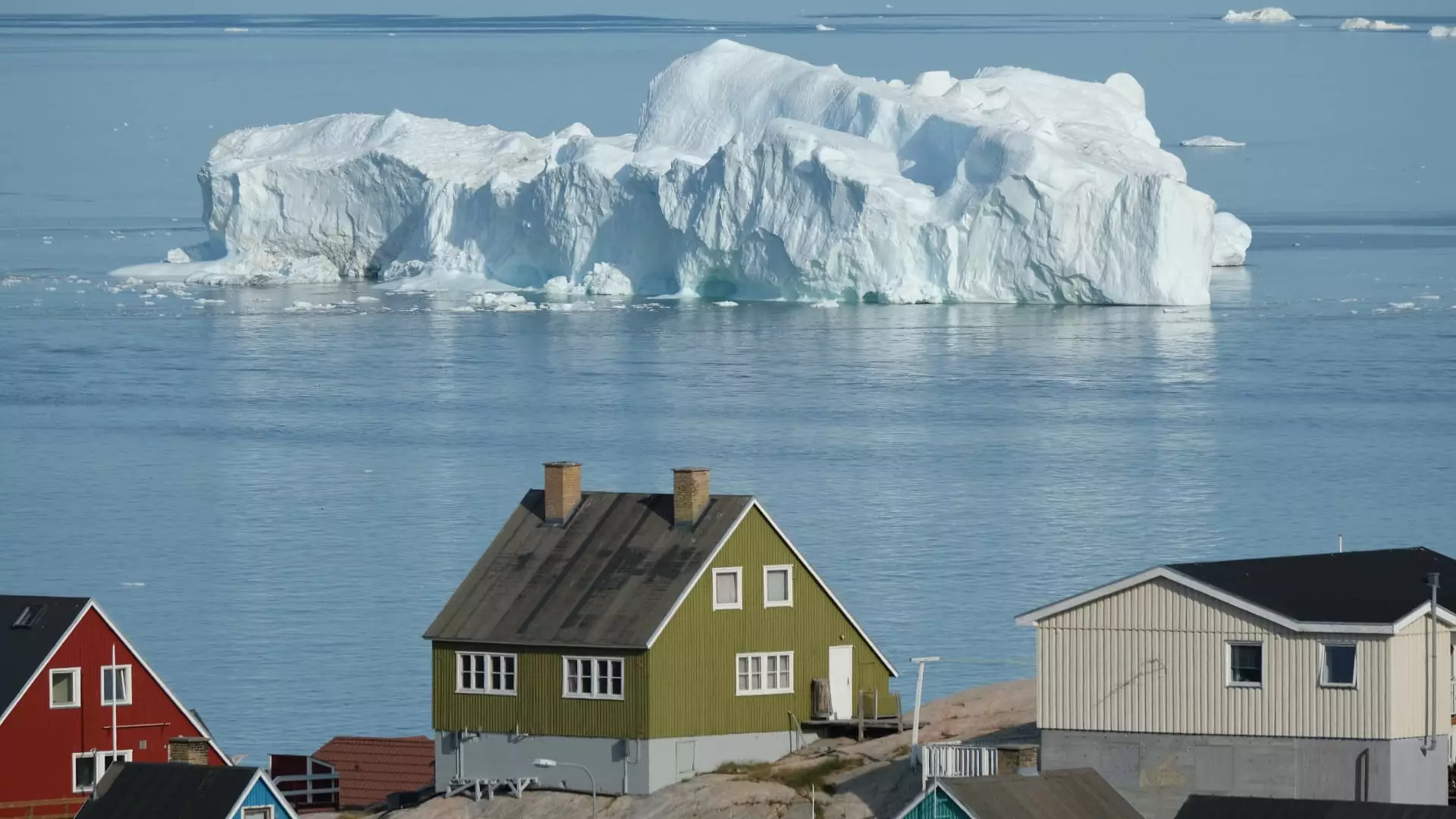In an era defined by complex international relations, the spotlight on Greenland has intensified, particularly as President Donald Trump openly expressed his aspirations to acquire this vast, ice-covered territory. This desire is symptomatic of a broader trend where global superpowers vie for control over strategically significant regions, particularly in the Arctic. Trump’s willingness to consider military or economic means to exert influence over Greenland underscores the enduring relevance of territorial ambitions in contemporary geopolitics.
Yet, the United States is not the sole actor in this unfolding drama. Greenland, currently an autonomous territory of Denmark, has caught the attention of other players on the world stage. Notably, China, through a state-owned enterprise, indicated its intent in 2018 to invest approximately $550 million in the expansion of two airports in Greenland, a bid that revealed both economic motivations and strategic interests. Although the proposal was ultimately withdrawn, it reflects a persistent Chinese interest in Arctic development, signaling to the U.S. that the geopolitical stakes in Greenland are higher than ever.
While the American narrative focuses on acquisition and influence, Russia’s actions tell a different story. Since 2015, the Kremlin has been systematically reopening old Soviet military bases in the Arctic region, including Nagurskoye, an installation located perilously close to the northern shores of Greenland. This military reactivation suggests that Russia views the Arctic not just as a resource-rich frontier but also as a strategic arena for asserting its geopolitical ambitions, further complicating the already tense dynamics of Arctic politics.
Academic insights from Kalus Dodds, a geopolitical expert at Royal Holloway, University of London, position Greenland at the center of these developments. He notes that the island’s geographical significance has escalated as the Arctic becomes increasingly pivotal in global strategic calculations. As states such as China and Russia assert their presence in the North, the U.S. must recalibrate its defense and diplomatic strategies regarding Greenland, which plays a crucial role in America’s missile defense architecture.
The economic allure of Greenland is also noteworthy, especially when considering rising Arctic shipping routes. According to data from the Arctic Council, shipping traffic in these northern waters experienced a remarkable 37% increase from 2013 to 2023, presenting significant commercial potential. As sea ice diminishes, the Arctic is transforming into a new nexus for global trade. In this context, Greenland’s geographic positioning offers an advantageous location for shipping routes connecting Asia, Europe, and the Americas.
Furthermore, China’s ambitious proposal for a “Polar Silk Road” represents a striking move towards establishing its presence in the Arctic. The melting ice is not merely a signal of climate change but a herald for new economic paradigms. Experts like Brent Sadler highlight that Greenland’s ice-free waters could unlock substantial economic benefits, depicting a future where commerce through these routes could redefine global trade dynamics.
Greenland’s significance as a geopolitical and economic hub has only grown in the face of shifting international dynamics. The intertwining interests of the United States, China, and Russia create an intricate tapestry of competition that transcends mere territorial claims. As the Arctic transforms, so too will the strategies of these nations as they navigate the challenges and opportunities ahead. The unfolding narrative surrounding Greenland is not just about acquisition; it represents a confluence of security, economy, and the pressing realities of climate change, making Greenland a focal point in the evolving geopolitical landscape.

